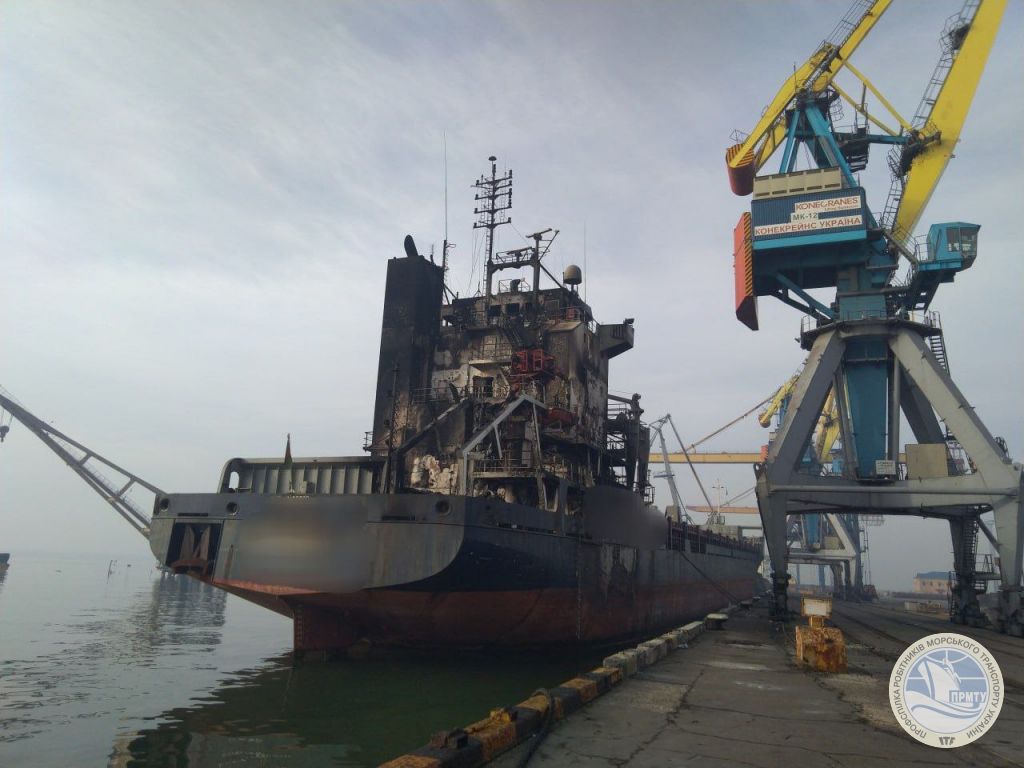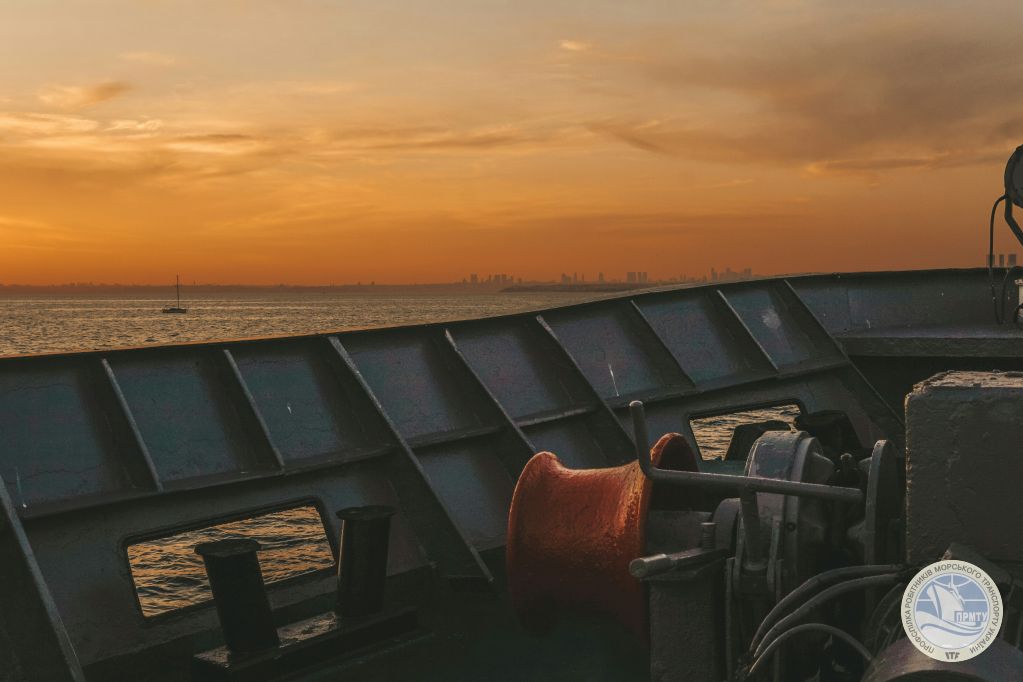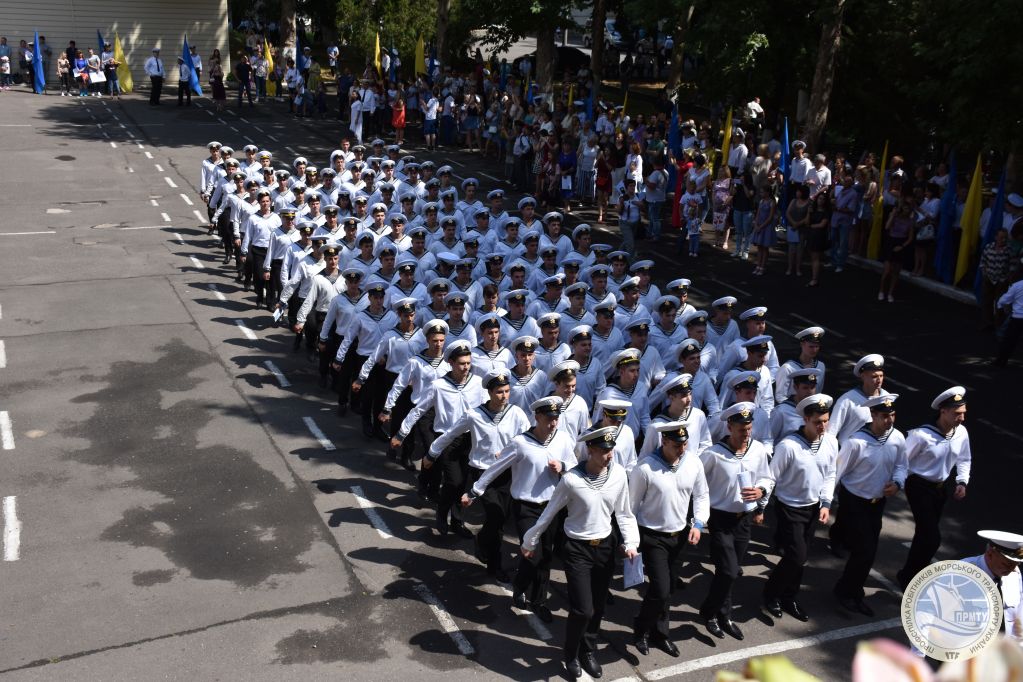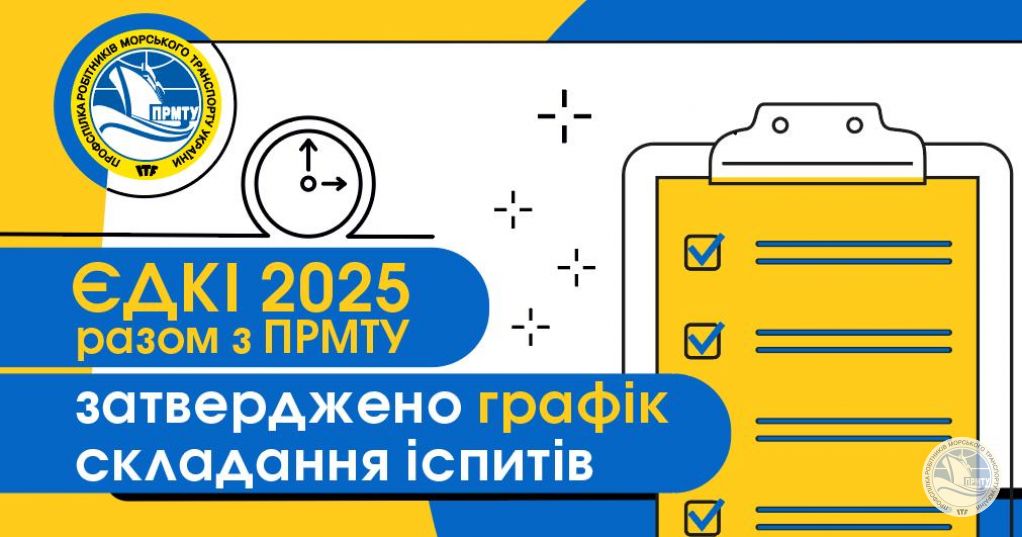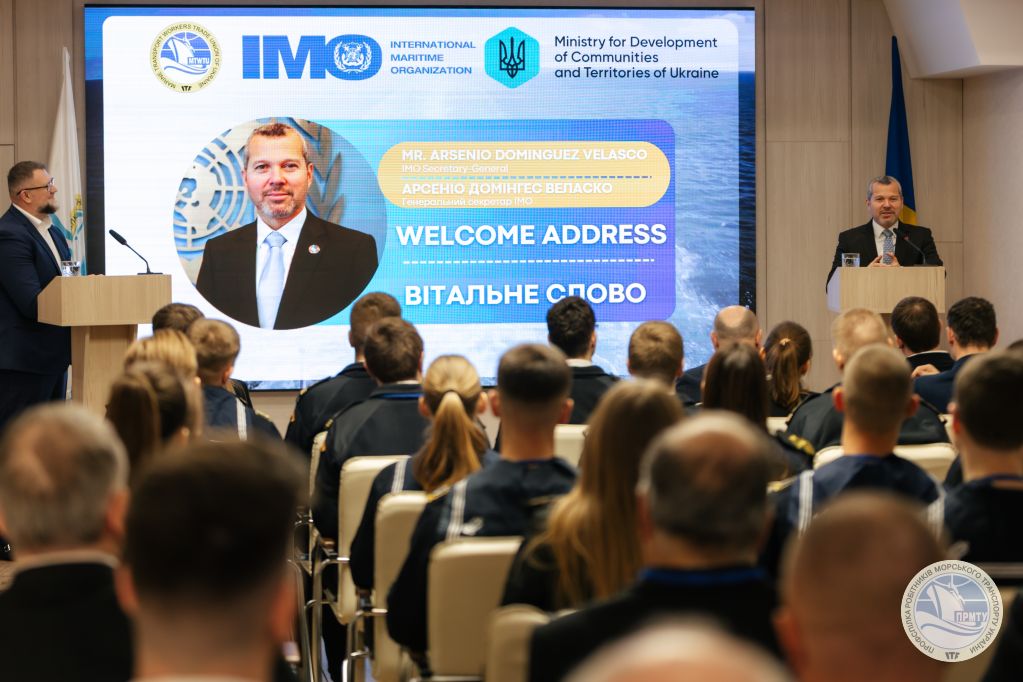At the time of Russia's full-scale invasion of Ukraine, there were five merchant ships in Mariupol port expecting to be loaded or unloaded. However, all the seafarers knew they were in the port for a while and would have a long passage ahead. But the ships never left the port. A seafarer from one of these vessels told us what happened: how the crew found out about the war and how the ship saved their lives. Read the incredible story of the rescue below.
- Why did you choose the seafaring profession?
- In search of a good salary and following the advice of my friends-seafarers, I changed my profession. And it is not the final result, and definitely not the end. There is always room to grow and develop.
- How did you know of the full-scale invasion of Russia?
- The war caught me in Ukraine, on a ship. We entered the port of Mariupol to load on February 23 at night. On February 24, we halted the process. We closed the holds and waited for further instructions. At 5 a.m., I already understood that the full-scale war had begun. I tried to call my parents. At first, my father did not believe me but called me back in an hour and confirmed I was right. I did not sleep at all for two days, trying to get in touch with my relatives and friends. I wanted to know everything: where and how they were. But no one canceled my work. We were on watch - monitored the situation around the vessel, and could not believe what was happening.
- How did you learn the news and communicate with family?
- From the first day, Mariupol was shelled from air, water, and shore with everything possible: cluster, phosphorus, and incendiary missiles. We saw several Russian warships sailing near the port, and they shelled the city quite heavily. Mariupol began to be gradually surrounded, as we knew at the end of March. And then all communication disappeared. We talked to local port workers, and they told us that the last mobile operator tower in the city was damaged. So it was the last chance to get in touch. The enemies continued to surround the city, and gradually, they reached the port. It was the final line before "Azovstal", which was being mercilessly attacked with all available weapons.
- What happened next?
- On April 3, a shell or rocket hit the ship's bridge; the damage was significant. On April 4, in the evening, our vessel was heavily shelled with mortars. The crew went down: some to the engine, others to the cabins. We decided to wait there. The ship saved us. Around 10 p.m., we heard a big explosion. The power failed immediately, and the lights went out. We couldn't realize what had happened for 10 minutes, and then we did. They could not reach us with a mortar, so most likely, used a tank, which breached our board. The shell hit the engine room, damaged the fuel tank, and exploded in the central control station. There were two crew members; thank God they were alive, but they came out with blood, burns, and contusions. After a powerful explosion, the shelling continued. The Master started shouting on the 16th channel radio: "Stop shelling the vessel. We are a merchant ship. There are no militaries here". After that, the shelling stopped, but everything in the engine was destroyed. We could not set off the fire hydrant. We realized that we had to leave the ship. The thick black smoke was coming out of the engine room, and the network route above the superstructure was also on fire. About an hour after the attack, the ship was burning like a torch, and we could do nothing.
- Had you any strategy or were you doing everything intuitively?
- Our colleagues helped us, and I am very grateful to them! They took us to the Syrians' ship, which was in a so-called quiet place. We stayed there for 5 days, but the hostilities reached this ship as well. Our Master decided to leave the ship and proceed away from the shelling. We raised a white flag, and with the Syrian crew, we moved towards our ship. There we were seized by militaries with white armbands. They took our documents, phones, and radios. And then they brought us "to the points". At each "point," there were inspections and interrogations again and again. Finally, late at night, we were transported to Donetsk. They placed us in an old, falling-apart dormitory. They said that in the morning they would return our stuff and send us somewhere. But we ended up staying there for 4 weeks. They explained nothing. We were guarded by the military. There were frequent visits by very unpleasant people. There were crews from several other ships from the Mariupol port, but, in general, they were all Ukrainians. After 3 weeks, the first batch of people left; the second batch - a week later. We were lucky to save our lives and leave that horror.
- What are your plans?
- To continue working at sea and help Ukrainian Armed Forces. And then, and I hope soon, to celebrate our Victory, to return to my parents' house and hug them. I haven't seen my parents for over a year because they are still in Ukraine.
- How did you interact with the Marine Transport Workers' Trade Union of Ukraine?
- I saw a post on MTWTU social media about assistance to seafarers from ships that were in Mariupol. I've been on shore for almost a year now, and my financial situation is not very stable, so I really needed help. I turned to the Trade Union, and I am very grateful to MTWTU for assisting me along with the ITF Seafarers' Trust Emergency Fund. It is very important and timely support. Thank you very much!


